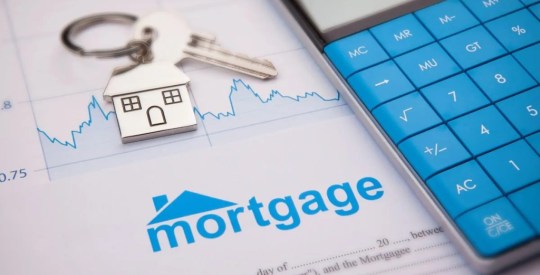The Home Equity Conversion Mortgage for Purchase (H4P) has often been considered a “sleeping giant” by some industry supporters who remain optimistic the product will one day awaken to its full potential. Until then, the H4P continues to account for a sliver of the industry’s overall volume. But like many things in the reverse mortgage sector, a lack of H4P utilization may be largely due to a lack of information in the general public and consumer arena.
In one of the most recent consumer-facing articles on the H4P product, About.com tackles the subject of how to use a reverse mortgage to purchase a home—a topic it suggests has been left in the dark.
“One potential use of a reverse mortgage which has not been as widely publicized until recently involves using a reverse mortgage to purchase a home,” writes Scott Spann, About.com contributor and a financial planner at Financial Finesse. “This can benefit retirees seeking a cost effective way to downsize their housing expenses, find a more suitable home for this season of life, or relocate to a more retirement friendly location.”
After detailing the various HECM basics, including eligibility criteria and other loan requirements, Spann delves into the benefits and potential risks of using reverse mortgages.
Reverse mortgages don’t require borrowers to make monthly payments as they would with a traditional mortgage. For retirees looking to buy a new home, not having to make such payments allows retirees the possibility of purchasing a house without needing to drain retirement savings.
“It also provides retirees or pre-retirees with the opportunity to purchase a home that may be in a more desirable retirement location or better suit their changing needs without losing the purchasing power of their entire retirement nest egg,” Spann writes.
As for the potential risks, the biggest downsides Spann cites are related to reverse mortgage costs, as well as the fact that borrowers are eating away at their home equity.
“Retirees with cash flow concerns could eventually find that property taxes, insurance, and other expenses may be difficult to maintain,” he writes.
Read the About.com article on H4P.
Written by Jason Oliva



